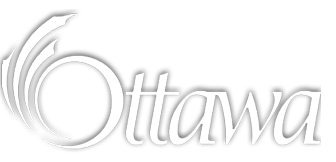UPDATED at the 2024 Annual General Meeting held June 11, 2025:
The constitution of the Historical Society of Ottawa: The Historical Society of Ottawa Constitution and By-Law#1 (PDF document)
UPDATED at the 2024 Annual General Meeting held June 11, 2025:
The constitution of the Historical Society of Ottawa: The Historical Society of Ottawa Constitution and By-Law#1 (PDF document)
Box 523, Station "B",
Ottawa, ON
K1P 5P6
Charitable Registration #107484081 RR 0001
Created by ProbaseWeb.





